“Why light? Because light powers our lives. The gift of a portable solar light to a family living in poverty and darkness means a brighter tomorrow.”
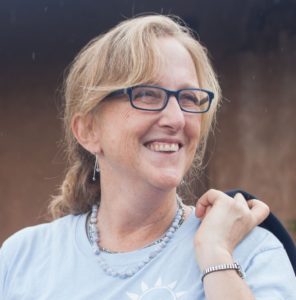 Sarah Baird
Sarah Baird
Founder
600 million people in Africa have limited or no access to electricity.
Check out our 2014-2022 Impact Map here
Solar Lights Change Lives
Solar can brighten an entire household – like that of Maria, shown here with her daughter and parents in Uganda.
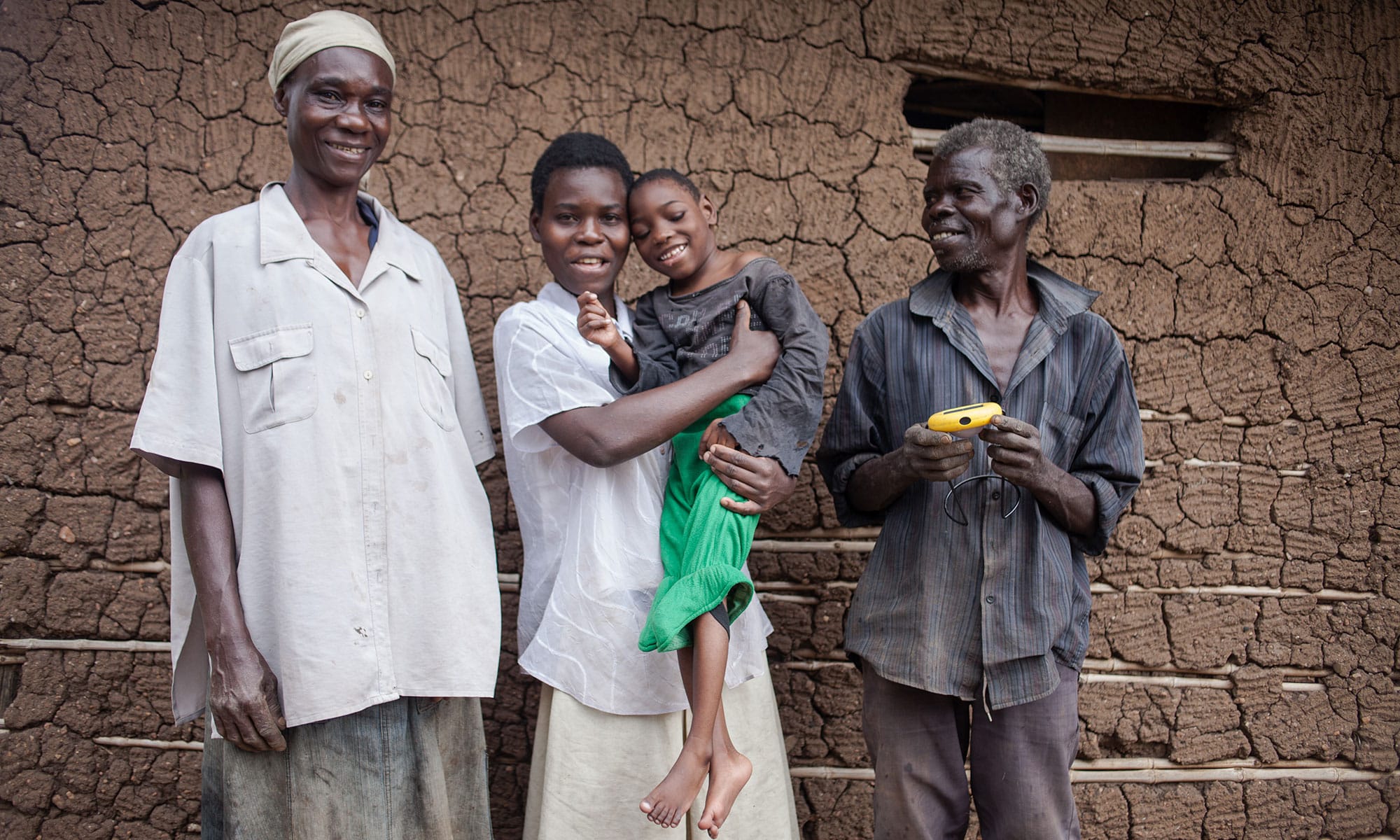
Safer Caretaking
During the night, Maria takes care of her daughter Irene, (5) who suffers from seizures.
Improved Health
Their home is safer, the air is clean, and Maria can afford Irene’s medicine.
Economic Stability
Families save on lighting and redirect the savings to cover other basic needs.
Why Solar?
Kerosene and candles are dirty, dangerous, and expensive – accounting for 20-35% of household expenditure. And, without reliable lighting, children are at risk for burns, poisoning, respiratory and ocular infections. Health clinics are limited to serving their community only during sunlight hours.
Energy Poverty
100% of communities we serve live in energy poverty.
Burn Injuries
14% of households report that a child has been burned by kerosene or candles.
Health Issues
89% of people living in energy poverty report experiencing health issues from kerosene.
Access to Care
Clinics see a 200% increase in attended births at solar-electrified clinics.
House Fires
99% of off-grid households worry about fire when using kerosene lamps.
Economic Shifts
100% of money saved on lighting is used on basic needs like food, medicine, and school.
Solar lights power lives.
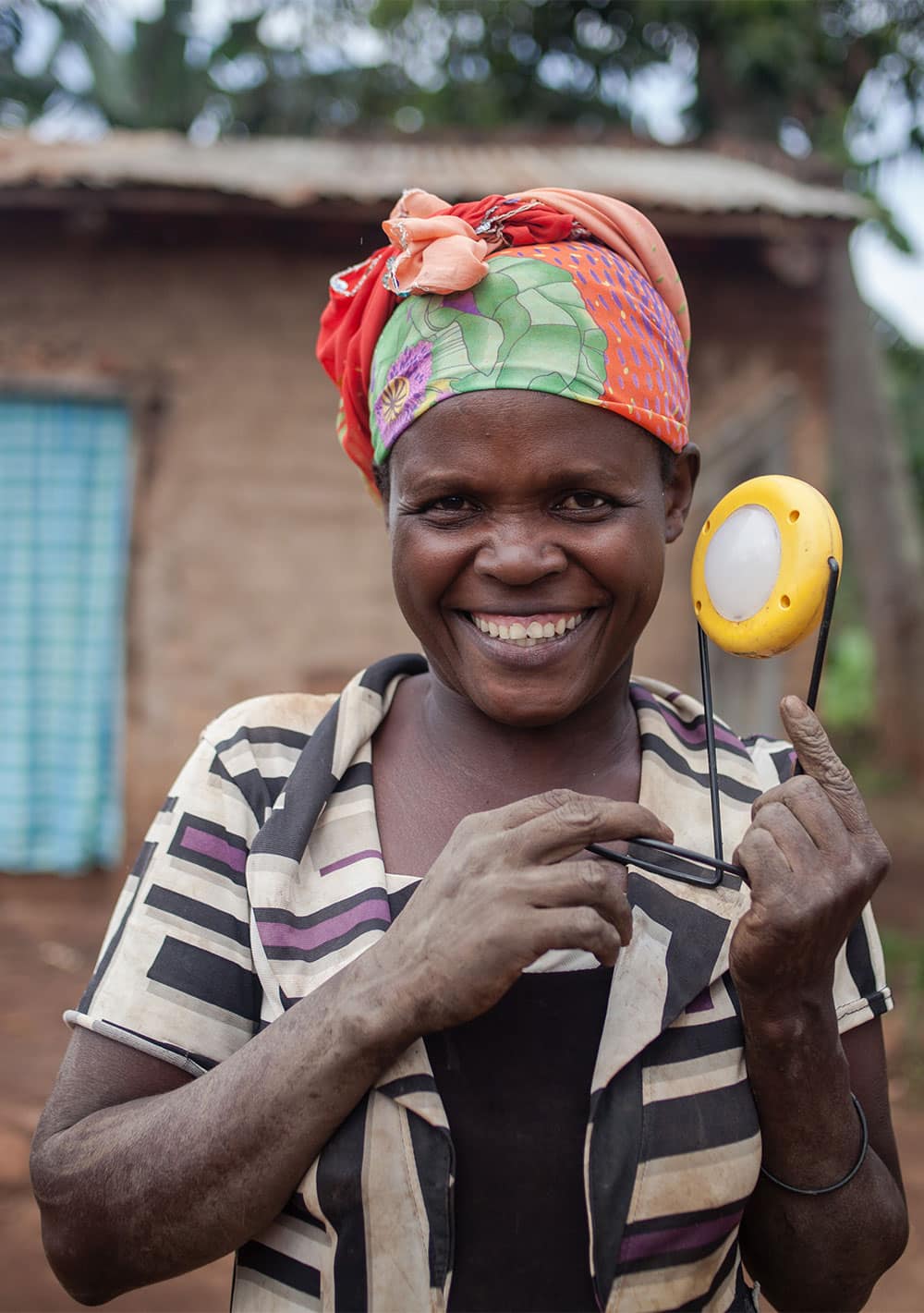

Fighting Climate Change for Health and Planet
Kerosene lamps are highly polluting and emit dangerous airborne soot, known as black carbon, which is extremely harmful to household health.

Protecting our shared ecosystem
Together, we have the power to positively impact our environment. Solar reduces harmful emissions and makes the world cleaner for us all.

Enabling Education
Children often are limited to learning during sunlight hours and can only study at home when there’s adequate light. Solar changes the equation, allowing for students to continue learning after sundown.
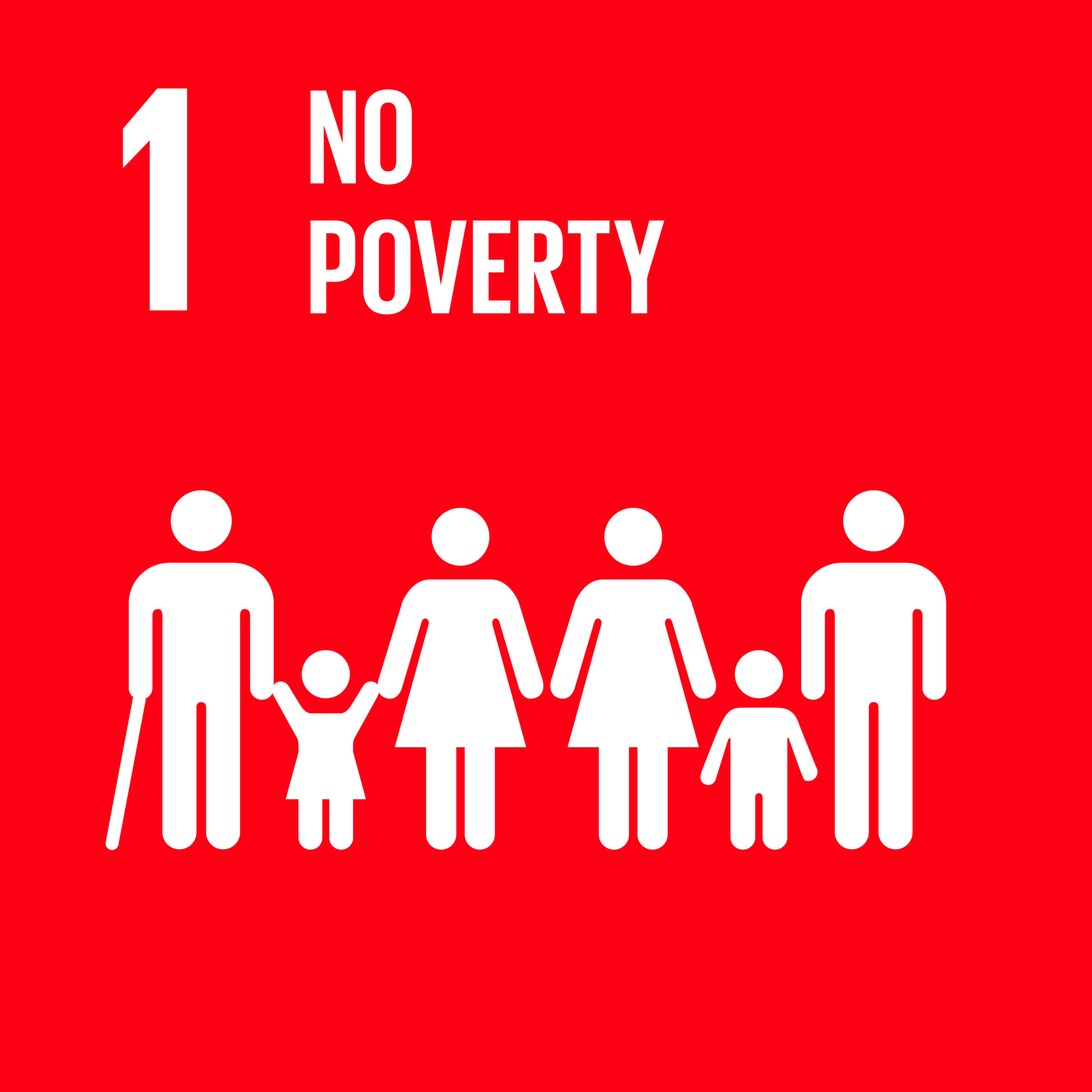
Solar recipients use fuel savings for basic needs.
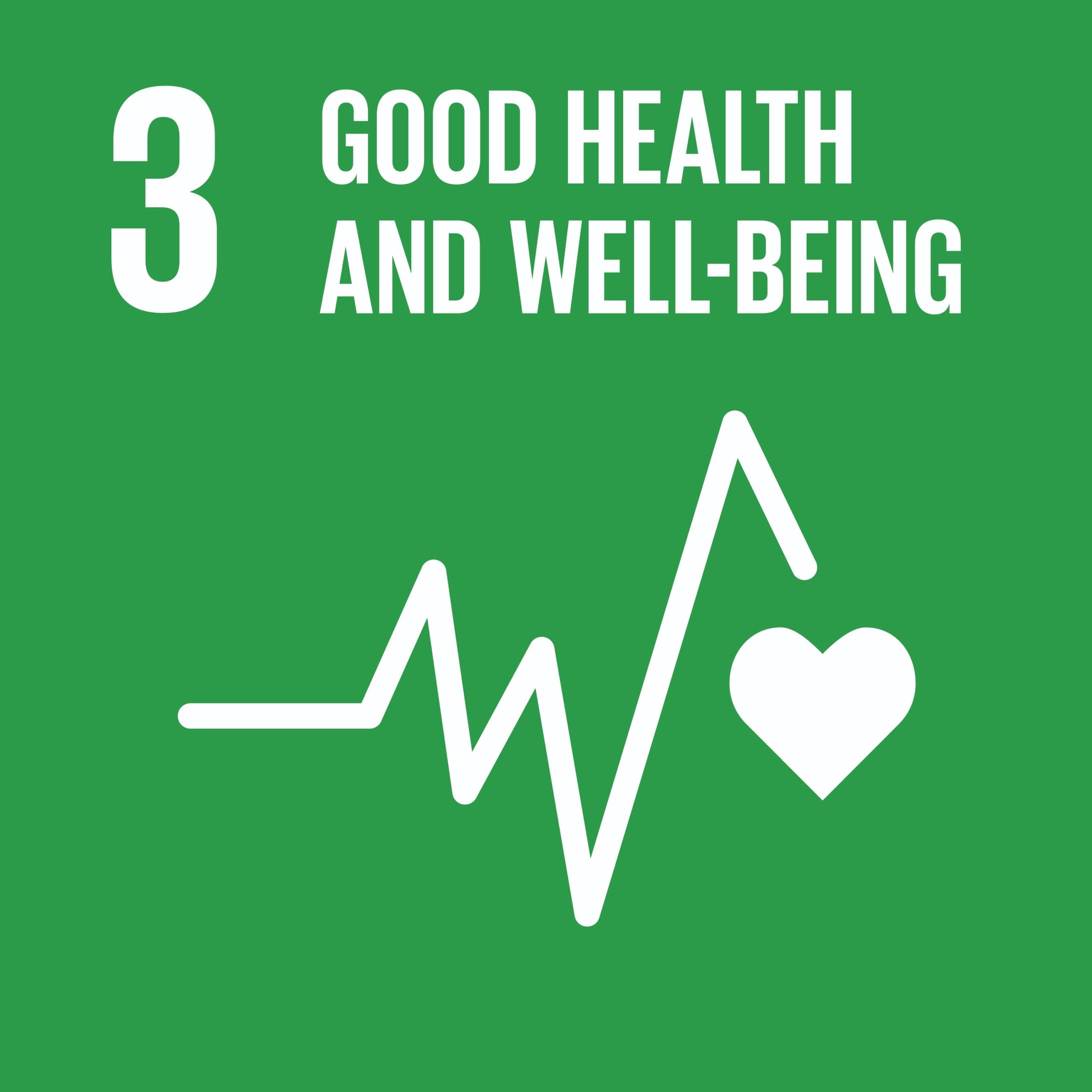
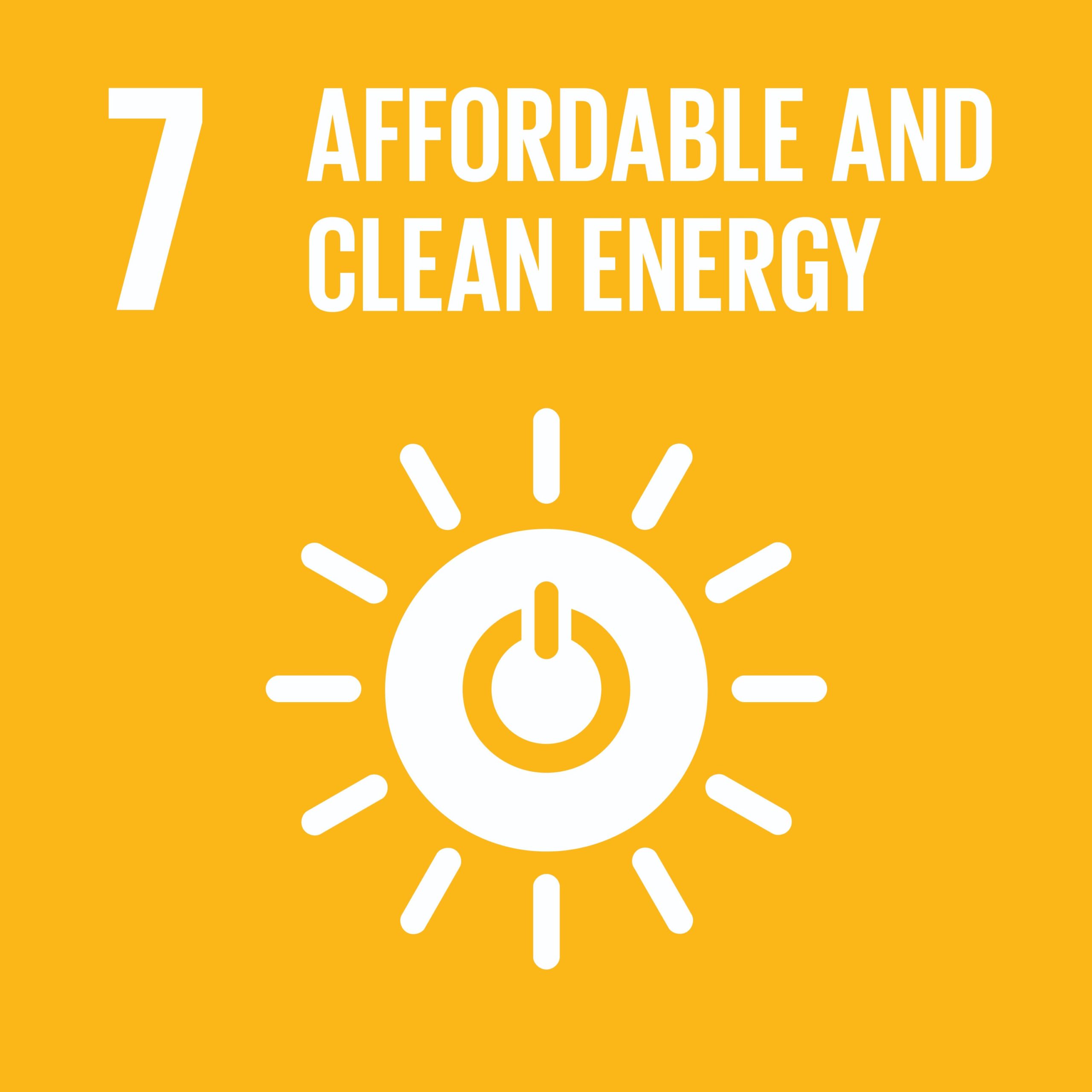
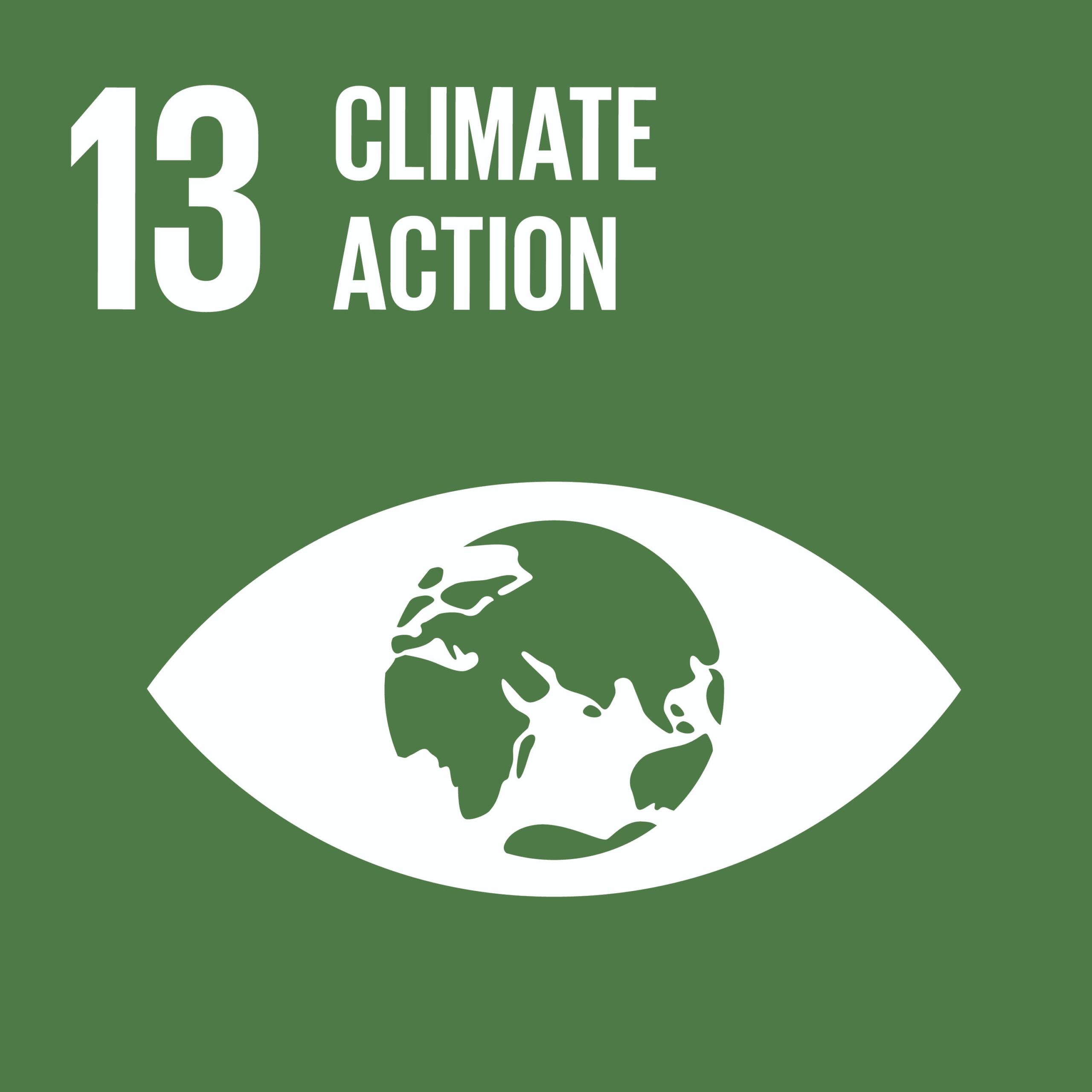
Help us keep the light shining.
Your donation provides light to communities in need and furthers the global Sustainable Development Goals.
